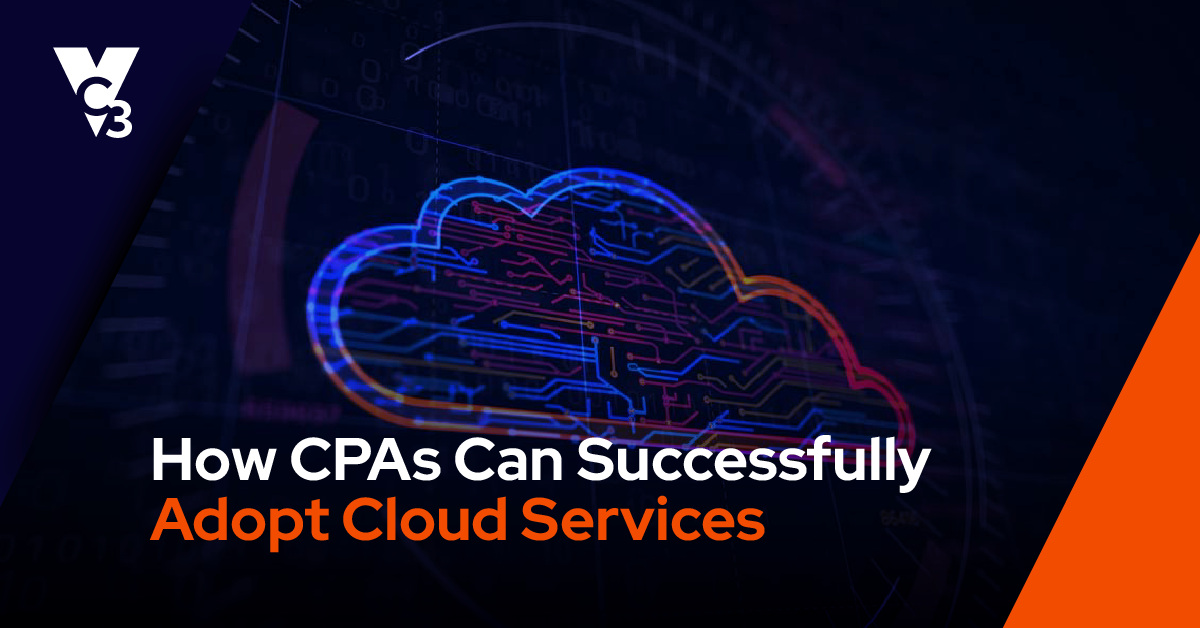Cloud computing services have revolutionized the way that businesses manage their IT systems. The three main types of cloud computing services, IaaS (infrastructure as a service), PaaS (platform as a service), and SaaS (software as a service), have allowed companies to ‘virtualize’ their IT infrastructure and access software independent of their operating system.
Cloud computing has reimagined the modern office and the way businesses work. As the world of work adjusts to the new normal of life during COVID-19, cloud computing services are more important than ever before, and their impact on how companies function has been emphasized and highlighted.
What is cloud computing?
Cloud computing, at its core, is a pretty simple concept. It is the delivery of IT and computing services, including servers and storage, as well as things like networks, software, and security, over the internet. For businesses, this means that data storage, network connections, and IT infrastructure are no longer held physically at the organization but rather are outsourced to a service provider who creates and manages virtual infrastructure.
Cloud computing allows seamless connectivity between disparate elements of an organization, as well as powerful collaborative working, with file storage and communication through the cloud. Data is hosted and processed on a network of remote servers rather than a physical, local server, allowing greater connectivity anywhere in the world.
Of the many services offered by cloud computing, there are three main types that businesses and organizations will deal with.
IaaS
Infrastructure as a service is probably the simplest version of cloud computing services. It is the provision of servers, storage, and operating systems - basically, everything you need to create an IT infrastructure - by a cloud provider.
PaaS
Platform as a service is predominantly used by developers and designers and provides the underlying infrastructure and environment that allows organizations to develop, test, and build software applications. PaaS allows developers to create apps quickly from scratch, even without a pre-existing environment.
SaaS
Probably the most common and the most useful application of cloud computing, software as a service provides software subscriptions over the internet on an on-demand basis. Subscription software allows organizations to pay for what they need and use and means that the service provider deals with security patching, hosting, and upgrades.
What are the benefits of cloud computing?
Cloud computing offers a huge range of benefits when compared to traditional IT systems, processes, and infrastructure. Cloud services mean that companies are able to be more flexible, are able to have access to a far greater range and depth of analytics and business intelligence, and allow them to be genuinely scalable, only paying for services and storage that they need. Cloud services offer tremendous opportunities for businesses to work more effectively, improve business performance, and streamline costs.
Cost
Cloud services allow businesses to do away with most of the physical infrastructure for running their IT systems. This eliminates capital expenses like hardware and software, maintenance and security costs, and much of the staff costs for an IT department.
Scale
Cloud services are completely customizable and bespoke. This means that businesses are able to access (and, most importantly, pay for) only the resources and services that they actually use. Bandwidth, power, and storage can all be scaled up and down depending on current needs and demand.
Productivity
Cloud service providers take on many of the day-to-day tasks, management, and admin that on-site IT infrastructure requires. This frees up resources and allows staff to focus on achieving other, more important business goals.
Performance
Rather than relying on old, outdated, or legacy systems, cloud computing services can provide vastly superior performance. Cloud service providers will run on much larger, up-to-the-minute data centers and will allow businesses to benefit from economies of scale.
Reliability
Cloud services will hold data on multiple sites across its network and come complete with a comprehensive system of backups and disaster management protocols. This means that in the event of a disaster, data is easy to recover and maximises uptime for their clients.
Security
Cloud computing services are able to offer dynamic, proactive security controls and measures and tend to be far more effective at preventing and mitigating malicious attacks than on-site systems.
What does the future hold?
Until recently, despite its long history, cloud computing was still seeing a relatively low rate of adoption. However, with the advent of the COVID-19 global pandemic, cloud computing has become more important than ever before. Working practices have shifted dramatically, with remote and flexible work becoming the norm, and remote collaboration, easily accessible cloud data storage, and increased productivity have become vital. Cloud computing services allow your business to access files and documents and work collaboratively from virtually anywhere in the world.
In Ontario, businesses in Alberta, Calgary, and Edmonton are encountering a huge increase in these service needs as they enter the COVID-19 recovery phase. Moving to the cloud can help companies rethink business processes and accelerate business change, both of which will be incredibly important elements of recovering from the pandemic and building COVID-proof business practices.
VC3 is a cloud computing services provider and can help your business migrate and access the huge benefits of cloud computing technology. As pioneers in the field, we are able to bring your business up to speed and fully migrate and integrate your technology onto the cloud. If you are interested in discussing how we can help your business to optimize its IT infrastructure and strategy, get in touch - we’d love to hear from you.





